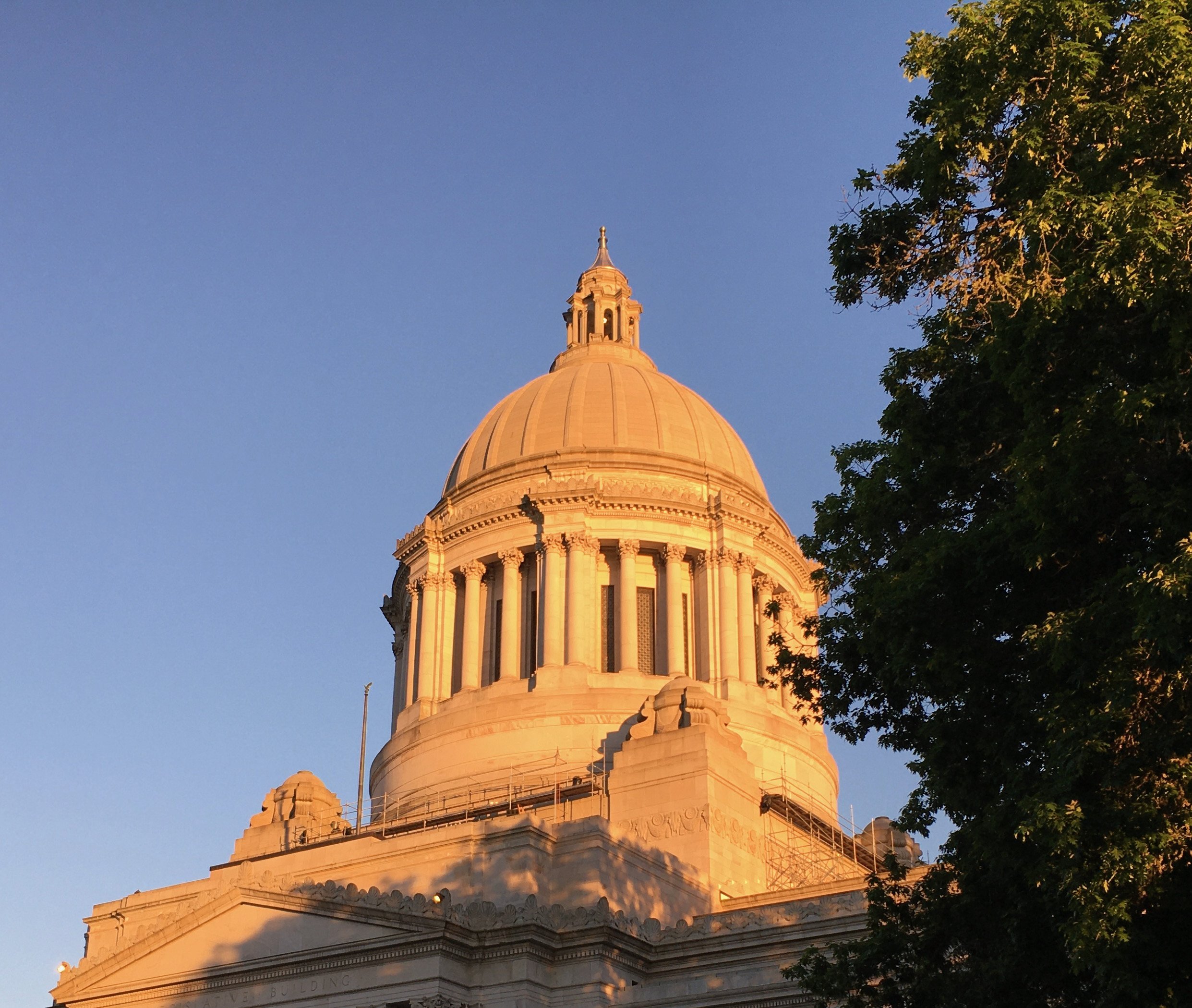
Video Directory
Your Guide to Access Online Open Government Information
Open Government- Information Resources
Citizens can control their government only if they remain informed about the decisions their government officials are making. That important principle underlies Washington’s open public records and meetings laws.
Presented by Toby Nixon, WashCOG President Emeritus
Public Records Act
Presented by Michele Earl-Hubbard, Allied Law Group
The Washington Public Records Act (the “PRA”), RCW 42.56, was adopted by the Legislature in 2006 and reflects a broad policy favoring access to public records. As such, the PRA requires access to all public records absent an applicable specific statutory exemption, and includes statutory penalties for agencies that wrongfully withhold documents.
Requesting Public Records
Each state and local agency is required to provide assistance to citizens in obtaining public records and to explain how the agency’s public records process works. If you request certain public records, the agency must make them available to you for inspection or copying (unless they are exempt from disclosure) during customary office hours of that agency.
Presented by Michele Earl-Hubbard, Allied Law Group
Dealing with Denial
Presented by Nancy Krier, former Assistant Attorney General for Open Government
When a state agency denies access to a public record and cites an exemption from public disclosure, the Attorney General has the authority to review the agency’s denial under RCW 42.56.530. Upon request, the Attorney General’s Office shall provide a written opinion on whether the record is exempt from public disclosure.
Open Public Meetings Act
The public demands that the decisions reached by their officials occur in meetings open to the public, thus providing an opportunity for those decisions to be scrutinized and for the officials who have made them to be held accountable for their actions.
Presented by Judy Endejan, Endejan Law
Open Public Meetings Act – Exemptions
Presented by Judy Endejan, Endejan Law
While public meetings are presumed open, there are times when it may be in the citizens’ best interest to let government boards, commissions, councils, trustees and committees discuss some business in secret. However, government officers do not have to meet in secret closed sessions or executive sessions even if the law allows them to.
Access to State Courts Proceedings and Records
To understand opportunities to access our state courts and the records they host, we need to understand how they are formed and how they operate. Washington’s judiciary and judicial system operate independent of most statutory requirements for access, but they do function with their own sets of rules. The state courts are open to the public, but while court rules define a degree of openness, it remains the prerogative of judges to manage that process to protect the system’s independence and its fairness. The state judicial system is not covered by the Open Public Meetings or Open Public Records Acts.
Presented by Eric M. Stahl, Attorney-Partner with Davis Wright Tremaine
Washington State’s Public Disclosure Commission
Presented by Peter Lavallee, Executive Director, PDC and Kim Bradford, Deputy Director, PDC
The origin of Washington’s disclosure law can be traced to the efforts of concerned citizens who came together in 1970 believing that the public had the right to know about the financing of political activity in this state.
